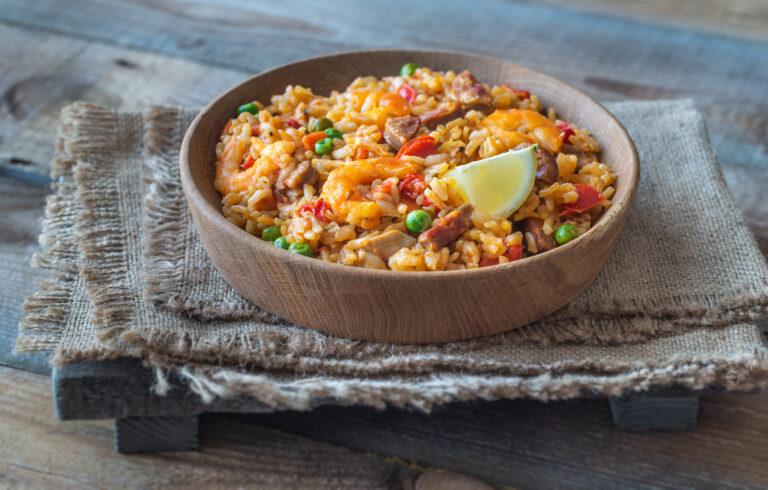The pesticide tricyclazole, which has historically been essential in protecting the specific rice variety, bomba rice, from the devastating Pyricularia fungus.
This situation has caused significant distress among Spanish rice farmers, particularly those in the Valencia region, where bomba rice is predominantly cultivated. In 2023, these farmers experienced a drastic reduction in their harvests, achieving only half of the typical average yield, thus jeopardizing the availability of bomba rice, an ingredient for paella.
The EU's decision to ban tricyclazole in 2018 was based on concerns over its potential health risks. However, this ban has inadvertently exposed bomba rice crops to rice blast disease, leading to fears of the rice's eventual disappearance. Farmers argue that the EU's regulations are inconsistent, as imported rice can still contain traces of the pesticide, giving an unfair advantage to non-EU producers like Brazil, India, and Cambodia who continue to use tricyclazole. The broader implications of the EU's environmental policies have triggered widespread protests among farmers across Europe. These regulations are seen as undermining local agricultural competitiveness by imposing stringent environmental standards that not necessarily apply to external competitors. The discontent among farmers has manifested in significant demonstrations, with Spanish farmers joining their counterparts from countries like France, Germany, and Italy in voicing their frustrations.
In response to the mounting pressure, the European Commission has attempted to placate the farmers by proposing the withdrawal of plans to halve pesticide use within the EU. Despite these efforts, protests have persisted, reflecting deep-seated anger and concerns over the future of local agriculture and food security.
The ban on tricyclazole has also led to economic repercussions, with the price of bomba rice doubling over the past three years due to reduced supply. Retailers such as Carrefour and Ahorramas have reported significant price hikes, and Spain's largest supermarket chain, Mercadona, has confirmed recent shortages, although they indicate that supply is gradually recovering.
Beyond economic issues, there are ecological considerations. Research led by Andreu Rico at the University of Valencia has indicated that alternative fungicides currently in use also impact the environment, affecting shrimp populations in the Albufera wetlands.
This underscores the complex balance between maintaining agricultural productivity and preserving environmental health. The crisis surrounding bomba rice exemplifies the broader challenge the EU faces in aligning its sustainability goals with agricultural self-sufficiency. The situation has also fueled debates on the fairness and practicality of EU regulations, especially as they relate to the global market. For Spain, ensuring the survival of bomba rice is not just about protecting an ingredient but preserving a vital part of its culinary heritage and cultural identity. The ongoing struggle of Spanish farmers highlights the need for policies that balance environmental concerns with the practical realities of food production and economic viability.

